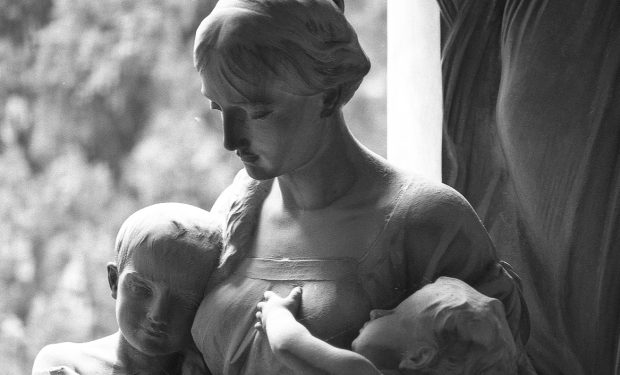Mother’s Day, a special occasion celebrated worldwide, is a delightful opportunity to honor and appreciate mothers and maternal figures. Not that the reasons for celebrating moms need explaining, but the late great writer Nora Ephron does a pretty good job anyway:
“Motherhood is wonderful,” Ephron writes, “but it’s also hard work. It’s the one job where, the better you are, the more surely you won’t be needed in the long run.” Planned obsolescence, they call it. But the responsibilities never really fade. Ephron addressed that too, writing: “Having a child is like getting a tattoo… on your face. You better be committed.”
So for all the committed mothers out there, here are some heartwarming traditions and unique customs that that make Mother’s Day a truly global celebration. Happy Mother’s Day, Moms!
- Early Beginnings in Ancient Greece: Our journey begins in ancient times, where the roots of Mother’s Day can be traced back to the ancient Greeks. They celebrated a festival called “Cybele,” dedicated to Rhea, the mother of Greek gods. This joyful celebration emphasized the importance of maternal figures in society, setting the stage for the modern-day Mother’s Day.
- UK’s Mothering Sunday: In the United Kingdom, Mother’s Day, known as Mothering Sunday, has its origins in the Christian church. Traditionally celebrated on the fourth Sunday of Lent, it was a day for people to return to their “mother” church and honor the Virgin Mary. Over time, it evolved into a day to appreciate mothers and show gratitude for their love and care.
- Mexico’s Serenades and Festivities: Prepare for a lively fiesta! In Mexico, Mother’s Day, or “Día de las Madres,” is celebrated with enthusiasm and vibrant traditions. Families gather to serenade their mothers with heartfelt songs called “Las Mañanitas.” Festivities include colorful parades, music, dance performances, and delicious feasts shared with loved ones.
- Japanese Carnations and Family Time: Japanese culture holds great reverence for mothers. On Mother’s Day, children often gift their mothers carnations, symbolizing love and gratitude. The red carnation signifies a living mother, while a white one is dedicated to those who have passed away. It is also customary for families to spend quality time together, with children preparing meals or taking their mothers out for special outings.
- The Celebratory Extravaganza of Ethiopia: Ethiopia celebrates Mother’s Day with a joyful festival known as “Antrosht.” Families gather to share a large feast, dance, and sing to express their appreciation for mothers. Children often handcraft cards and gifts for their mothers, showcasing their creativity and love.
- Sweet Simnel Cakes in Ireland: In Ireland, Mother’s Day falls on the fourth Sunday of Lent and is marked by a traditional treat called the “Simnel Cake.” These delicious fruitcakes, topped with marzipan, are often baked by children as a gift for their mothers. The cake symbolizes the appreciation and nurturing qualities of mothers.
- Maternal Admiration in India: In India, the concept of honoring mothers is deeply rooted in the culture. Although there is no specific Mother’s Day, the reverence for mothers is expressed through various religious and cultural festivals. The Hindu festival of “Durga Puja” pays homage to the divine feminine, celebrating the strength and nurturing qualities embodied by mothers.
Celebrating Mother’s Day, societies around the globe cherish and honor the remarkable women who have shaped lives with their love and unwavering support. As Ephron also once said, “Above all, be the heroine of your life.” Here’s to the maternal heroines in the world.
